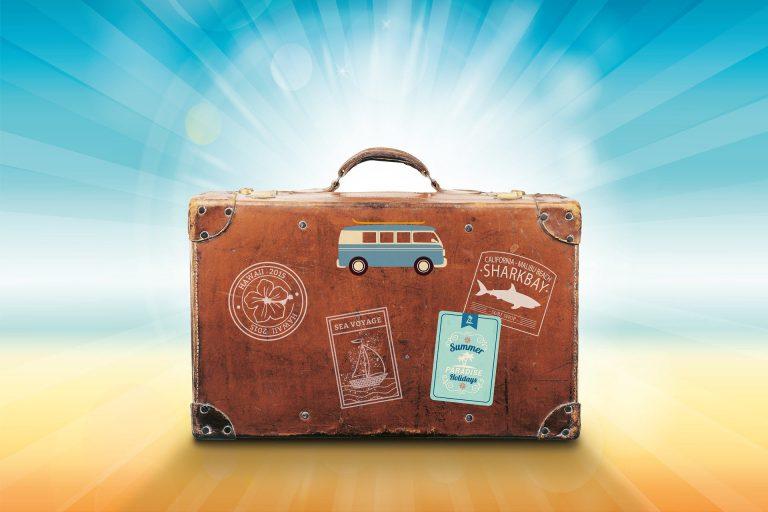This year, because of COVID, more people than usual are waiting until the last minute to finalize their fall and winter travel plans.
And a much higher percentage are choosing to drive rather than fly.
“The share of travelers making plans 48 hours to 7 days before departure – a sign that people are arranging spur-of-the-moment trips – is significantly higher than normal,” according to AAA. “Travel experts have begun to see positive trends in travel, noting a gradual increase in hotel and rental car bookings since April. Air travel has been slower to rebound.”
Whatever mode of transportation you choose, be sure to take safety precautions like packing adequate protective gear, cleaning supplies and road food.
And to avoid unpleasant surprises, use this list of links to state and local health departments to find out what COVID restrictions are in place along your route and at your destination. Click on this interactive US map from the Harvard Global Health Institute for up-to-date info on COVID hotspots.
To see what restaurants are open, go to eater.com. And this website tracks the status of rest stops nationwide.
Cybercriminals have ramped up their efforts and adapted their methods to capitalize on the disruption caused by COVID-19. Stay a step ahead of the bad guys by attending our FREE, one-hour CLE webinar on September 17. Attorney Kevin O’Hagan – a nationally-recognized expert on cyber liability who defends lawyers and firms in malpractice cases – will give you a roadmap for staying safe and successful in these uncertain times. Contact us today to get on the preregistration list.
7 Tips for Safe Road Trips.
- Plan ahead. “Now more than ever, you’ll need to preplan your route,” says USA Today. “Some states still have restrictions on in-person toll collections and rest area food sales. Travel apps like Roadtrippers and AroundMe can answer one of the most common questions any traveler has: What’s nearby? These apps identify your position through GPS and allow you to choose from a list of places, including gas stations and hotels.”
- Don’t forget the Purell. In addition to hand sanitizer, consider packing masks, gloves, other personal protective equipment, plastic bags of various sizes and disinfectant wipes.
- Pack lots of snacks. Some places allow in-person dining with distanced seating. Most allow outside dining. And there are always fast food and drive-through options.
- Scope out rest stops. “The majority of state rest areas will be open, though some may be closed due to renovations,” says USA Today. “If they are open, pay attention to hygiene. The restrooms are public, which means you’ll be exposing yourself to more germs. Grab a paper towel or two before you touch the exit. Food services, such as vending machines, might be unavailable at some rest stops.”
- Keep your eye on the gas gauge. Gas pump handles and public EV chargers are viral hotspots.
- Do your homework on hotels and overnight accommodations. Most major chains are open. Visit their website or call in advance to ask about their cleaning practices. Request a room that’s been vacant 24 hours or longer, if possible.
- Get more information. The Centers for Disease Control and Prevention has lots of useful information for travelers here.
Alta Pro Insurance Services can help keep your practice strong and viable during these uncertain times. When you have professional liability coverage with Alta Pro, you’re automatically enrolled in the Alta Pro Lawyers RPG, which gives you access to a broad range of benefits, including the Pro Practice Playbook, Ask the Risk Pro, Reminger ProLink, discounts on Clio cloud software and much more. Here’s how to join.

















